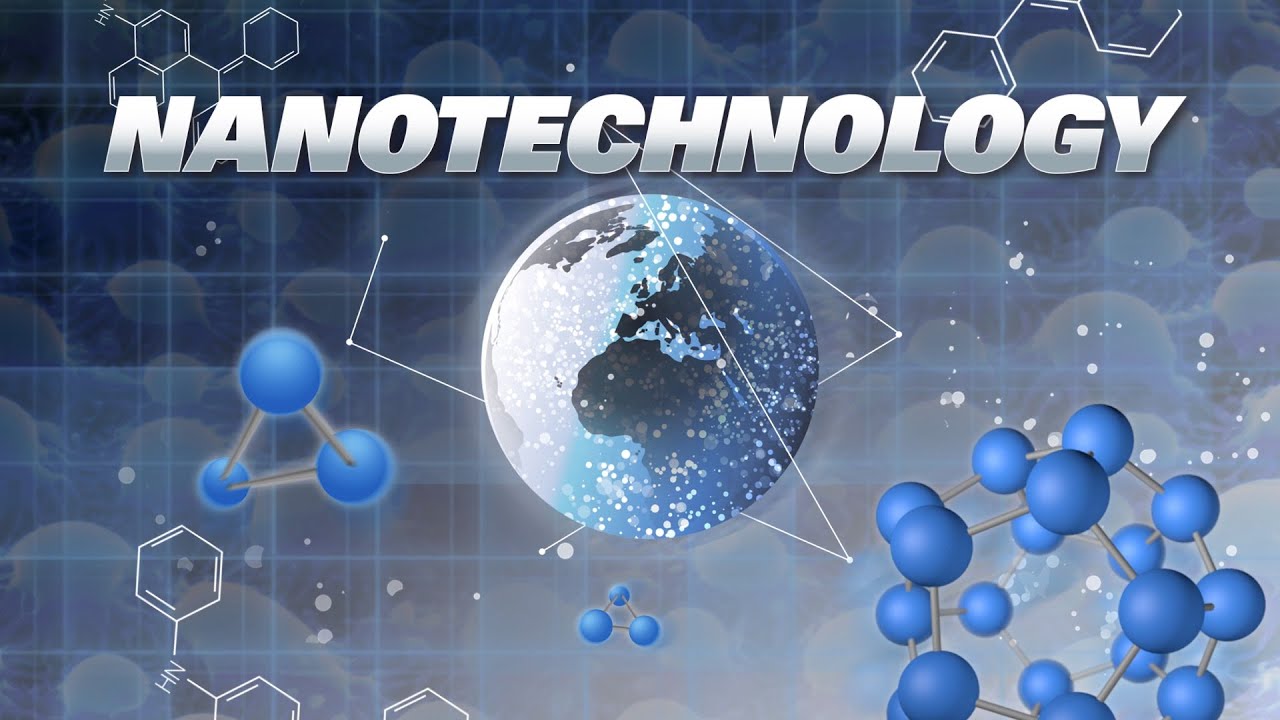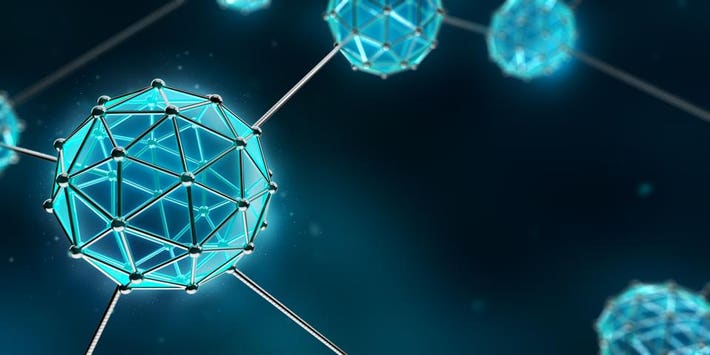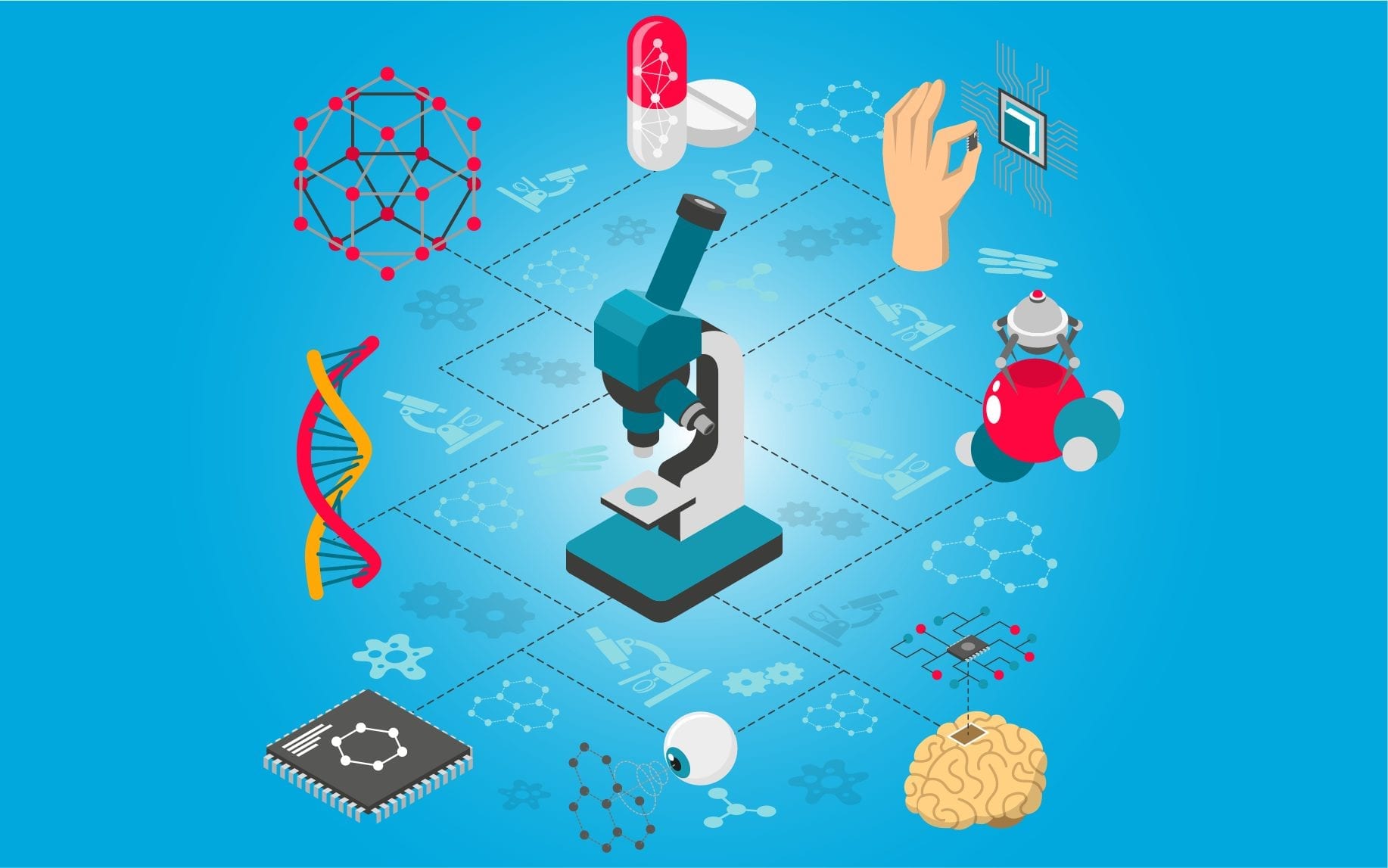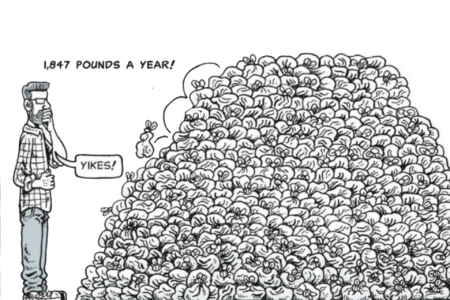
Introduction
Nanotechnology has emerged as a groundbreaking field with immense potential across various industries. In the context of recycling, nanotechnology offers promising solutions to improve efficiency and sustainability. This article explores the applications of nanotechnology in recycling, highlighting its relevance in addressing global environmental challenges.
Historical Background
Recycling has a long history, but it has faced challenges in achieving optimal efficiency. The introduction and development of nanotechnology have revolutionized the recycling industry, offering innovative approaches to overcome these challenges.
Key Concepts and Definitions
Nanotechnology involves manipulating matter at the nanoscale to achieve desired properties and functionalities. In the context of recycling, nanoparticles, nanomaterials, and nanocomposites play a crucial role. Surface area and reactivity are key considerations in leveraging nanotechnology for recycling processes.

Main Discussion Points
Nanoparticles for enhanced material separation and sorting
Nanoparticles can significantly enhance the efficiency of separating different materials in recycling processes. Through their unique properties, nanoparticles facilitate precise sorting and extraction of valuable materials. Magnetic nanoparticles, for instance, enable effective separation through magnetic attraction.
Nanomaterials in recycling technologies
Nanomaterials offer immense potential in creating more efficient and durable recycling equipment. Their enhanced properties, such as improved strength and resistance to wear, make them ideal for recycling applications. Furthermore, nanomaterials can enhance the properties of recycled materials, making them more valuable.
Nanocomposites for advanced recycling processes
Nanocomposites, which combine nanoparticles with other materials, enable the creation of stronger and more versatile recycling materials. These advanced materials have the potential to transform recycling processes, particularly in the realm of plastic recycling, where the challenge of efficiently recycling complex plastics persists.

Case Studies or Examples
Real-world applications of nanotechnology in recycling serve as compelling examples of its effectiveness. Projects and initiatives focused on enhancing recycling efficiency through nanotechnology have yielded significant results. For instance, the use of nanotechnology in electronic waste recycling has led to the recovery of valuable materials with unprecedented efficiency.
Current Trends or Developments
Recent research in nanotechnology for recycling has yielded exciting findings. Advancements in nanomaterial synthesis and characterization techniques have expanded the possibilities for improving recycling efficiency. Additionally, the integration of artificial intelligence and machine learning is driving the development of intelligent nanotechnology-based recycling processes.
Challenges or Controversies
Despite its immense potential, nanotechnology in recycling also presents challenges and controversies. In particular, concerns surrounding the environmental impact and safety of nanomaterials need to be addressed. Additionally, differing viewpoints exist on the feasibility and effectiveness of nanotechnology in improving recycling efficiency.

Future Outlook
The implications of nanotechnology in recycling are vast. As research and development continue to progress, nanotechnology is expected to play a pivotal role in achieving unprecedented recycling efficiency. Potential advancements and innovations, such as nanorobots for targeted material extraction, hold promise for a sustainable future.
Conclusion
Nanotechnology has emerged as a game-changer in the recycling industry. Through the use of nanoparticles, nanomaterials, and nanocomposites, recycling efficiency can be vastly improved. However, challenges and controversies must be addressed, and government policies and regulations play a crucial role in promoting nanotechnology-based recycling solutions. By harnessing the power of nanotechnology, we can pave the way for a sustainable future.




